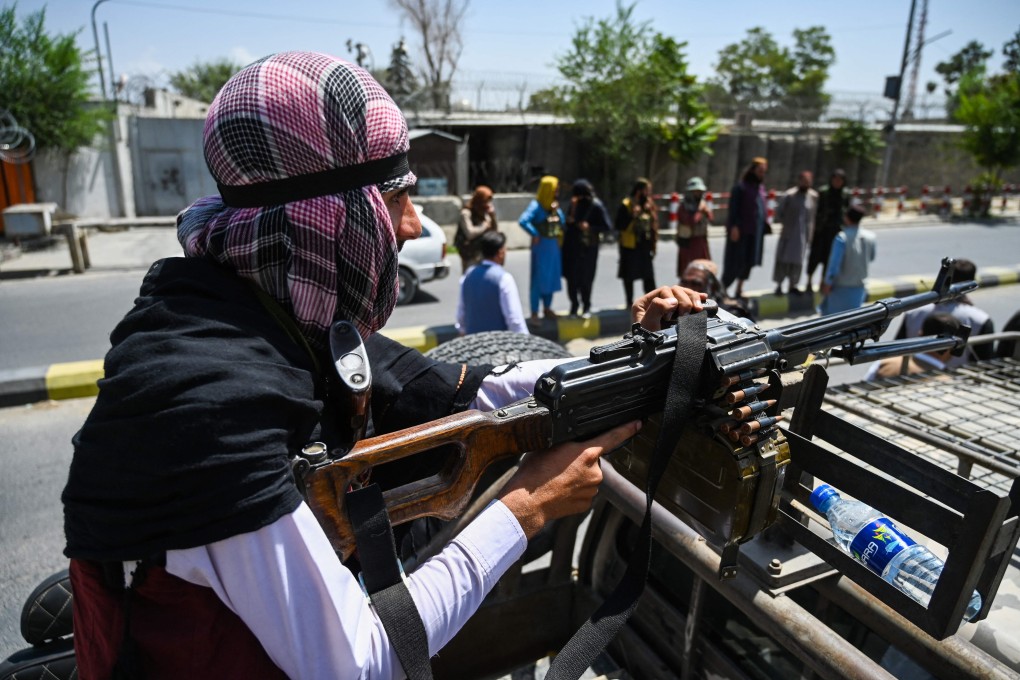Advertisement
As India watches Afghanistan nervously, upheaval could reshape US ties and shift its approach to China stand-off
- India will be on high alert against renewed security threats from the Taliban as well as the Pakistani establishment strengthened by the takeover
- As India adapts to changing dynamics on its western front, it may need to reconsider US ties and de-escalate border tensions with China
Reading Time:4 minutes
Why you can trust SCMP
7

As the Indian government grapples with the question of how to approach the Taliban regime newly installed in Afghanistan, the situation in Kabul could also reshape India’s ties with the US and lead to a more subdued approach to its border conflict with China.
The Taliban’s return to power as the US withdrew its troops has erased India’s presence in Afghanistan: its consulates and embassies have shut, its diplomats were evacuated and the future of its investments worth more than US$3 billion is uncertain.
It must also assess the renewed security threats from Taliban-controlled Afghanistan, a Pakistani establishment strengthened by events in Kabul, as well as China’s expanding presence in the region.
Advertisement
Sanjaya Baru, an analyst and former media adviser to former Indian prime minister Manmohan Singh, wrote in the Deccan Chronicle that Biden had “dealt a blow to Indian national security”. India-US ties would suffer, he wrote, “once again exposing India to the renewed challenges of jihadi terrorism”.
New Delhi may not protest publicly but analysts suggest the government believes the chaotic withdrawal from Afghanistan has compromised India’s security and could prompt a reassessment of its relationship with the US, which has been reinforced until now by shared efforts to counter China’s influence.
Advertisement
Advertisement
Select Voice
Select Speed
1.00x